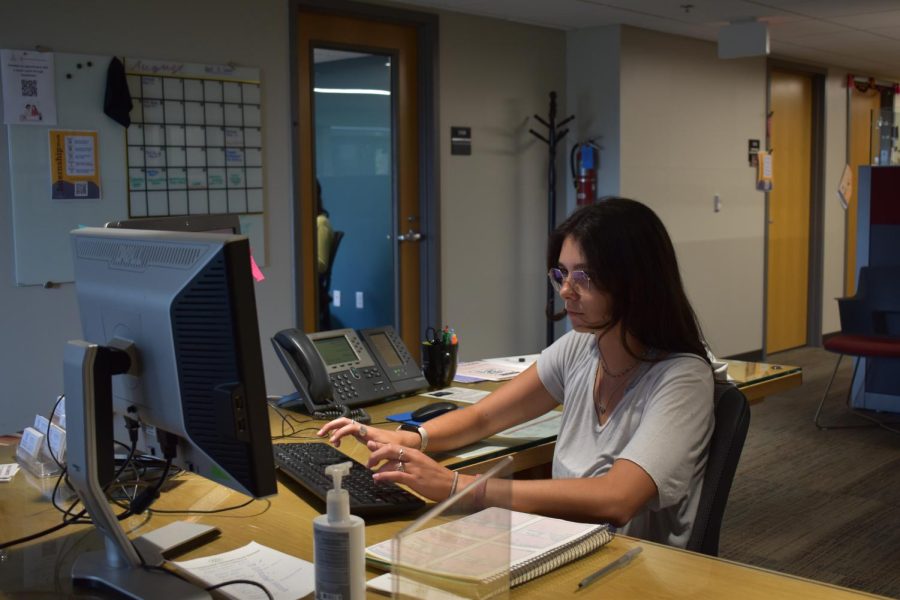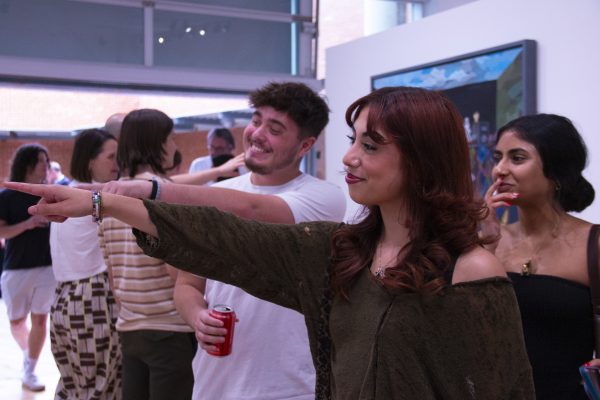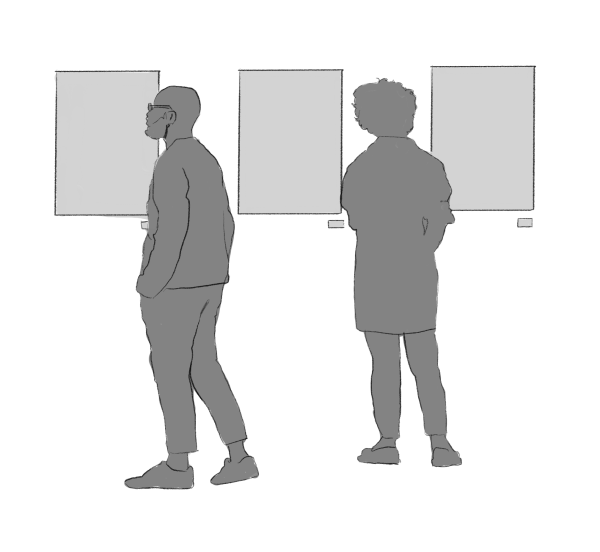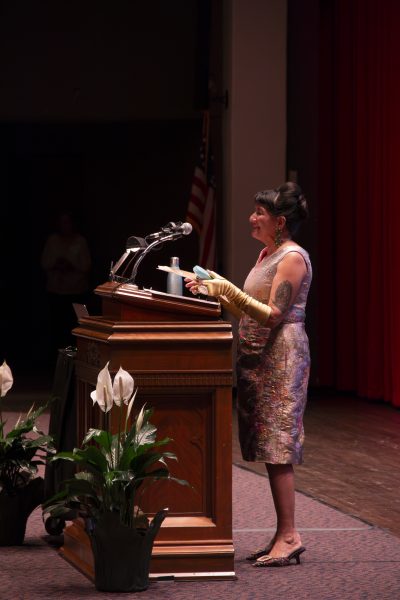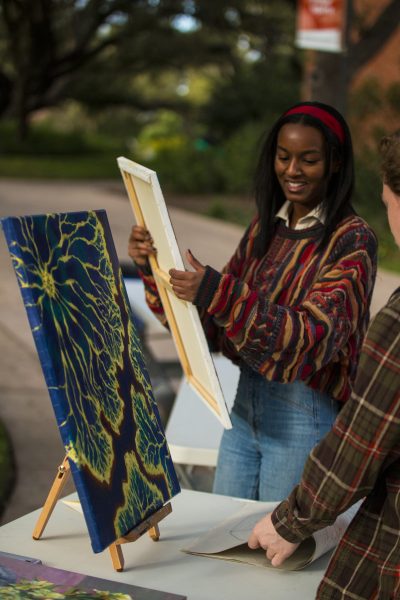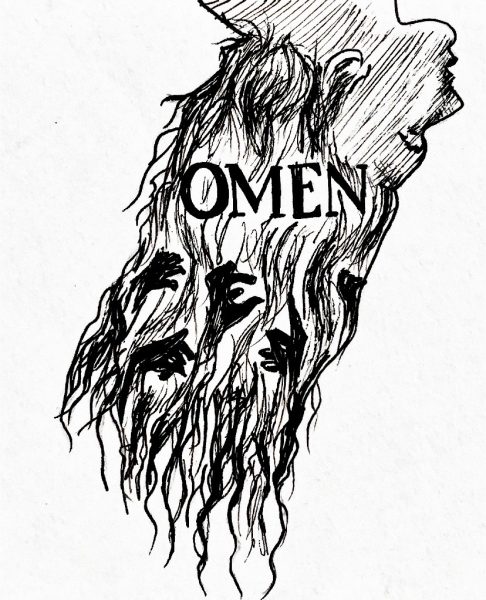“Find your direction” with CELCS
Exploring the opportunities offered by Trinity’s Center for Experiential Learning and Career Success
Isa Grimsinger is a student worker at CELCS.
As another busy semester begins, resources and departments across campus are reaching out to new and returning students alike. One such office with a lot to offer is the Center for Experiential Learning and Career Success, or CELCS. (For the first-years out there, that’s pronounced “Celsius.”) I had a chance to sit down with a couple of the staff members, the CELCS director and the assistant director, to find out more about what the center offers and who should give them a visit.
When should I start going? Is it ever too late? From first-year to senior, who is CELCS for? According to Ramirez and Venezia, it’s never too early or too late to set up an appointment with them. CELCS has much to offer students at any stage of their Trinity careers, from helping students find career paths within different majors to preparing students for the transition from college to working life. Venezia was quick to address the nerves that may come with visiting the center when it feels like it’s “too early” or “too late.”
“I think that all of us are just excited to talk to students and … we want to be the career coach that we needed when we were undergrads,” Venezia said. “Meaning that if a student comes in and they’re embarrassed about anything, whether they don’t know what they want or [if they’re worried that] it’s too late. None of us are going to sit in a position to judge.”
“How can I help them?” is, indeed, a big question for advisors within the department, thanks to the spectacular range of resources and opportunities available to and through CELCS. On their website alone, CELCS boasts eight services such as interview preparation, internship and job searches, undergraduate research and even graduate school preparation. But when Ramirez was asked about some of their lesser-known services, she highlighted some resources that students might not be aware of. She explained, for example, a bit about the Find Your Direction Fund, which can help cover expenses that may be stopping students from taking advantage of certain opportunities.
“The Find Your Direction Fund allows students to pursue experiential learning opportunities, so for instance, an unpaid internship, we can’t pay for the whole internship, but maybe you need a flight to get to that DC internship. … We want to make sure that no student has a barrier to pursuing experiential learning, which is hands-on,” Ramirez said.
She also highlighted a similar program, called the Virtual Clothes Closet, which allows students with demonstrated financial need to purchase new clothes for interviews, internships or other job opportunities that require specific attire. Rather than simply giving clothes to students, the virtual closet allows students to apply for a gift card and purchase the articles of their choosing, as well as keep the clothes afterward.
On top of the financial aid that CELCS can provide, they are also bringing back some events that have been gone since the pre-Covid era, as well as introducing some new ones. On the calendar of returning events is Tiger Connections, or “Curiosity Conversations,” which pairs current students with Trinity parents or alumni who work in different industries to talk about what their careers look like and what opportunities are out there and to answer any questions that the students may have. These conversations only last about 10-15 minutes, and students do have to sign up in advance, but they provide a great place for people to ask questions and find out more about potential career paths. Ramirez was also excited to introduce a new program to Trinity — Tiger Treks.
“Tiger Treks are site visits to employers that we coordinate, so, our first one — we’re very excited — will be going to the Shiner Beer Company in October,” Ramirez said. “So the Friday of fall break, we’re going to take a busload of students and faculty out there to kind of see what different career fields and jobs [they have] across all majors. And so they can … go, spend the day … with us, and meet the alumni who work there and that sort of thing. [And] we’ll be doing more of those in different industry areas throughout the year, so be on the lookout for those because they’re really exciting, [and it] doesn’t cost anything.”
With all of these opportunities and more, CELCS is certainly a valuable resource for students of any year. To find out more about them or to book an appointment, you can visit their page on the Trinity website or log into Handshake.
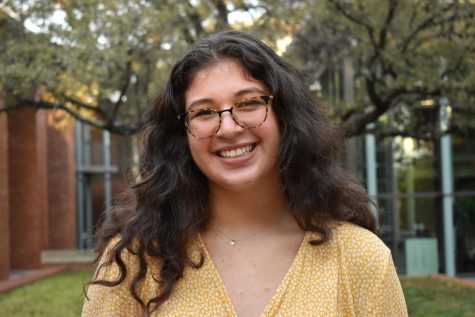
I am a sophomore Communications and French double major from Houston, TX. I began working at the Trinitonian last year, as a copy editor, and am now...
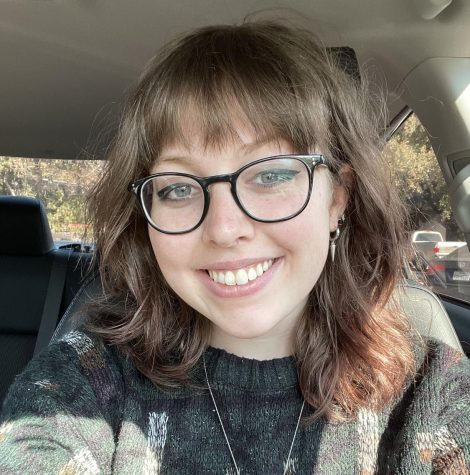
My name is Claire Sammons and I am an Anthropology and Communications double major. I have worked for the Trinitonian since fall of 2020. I became a photographer...

